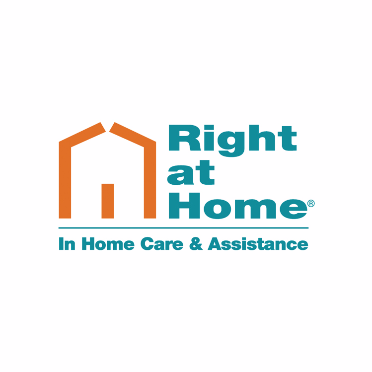How Right at Home New York Franchisee Jeanine Gagliano Built Nearly a Decade of Success Through Compassionate In-Home Care
Jeanine Gagliano shares how her personal caregiving experiences and passion for helping seniors led her to success as the owner of five Right at Home territories on Long Island.
*This brand is a paid partner of 1851 Franchise. For more information on paid partnerships please click here.
MORE STORIES LIKE THIS
After a Tech Career Collapse and Personal Loss, Spartanburg Woman Opens Right at Home to Help Families Walking a Similar Path
Stepping Into North Jersey: Two Clinicians Take the Lead at Right at Home
Family-Owned Right at Home Expands Into Boston With Second Generation Joining the Business
Veterans Excel as Right at Home Franchisees: Here's Why

/story1/2727419/a075225afe155b5a3f900278ae4842359735.jpg)

/story1/2730994/1765836721_2730994.png)
/story1/2730922/1764782058_2730922.png)
/story1/2730747/1762911856_2730747.png)
/story1/2730661/1761839523_2730661.png)